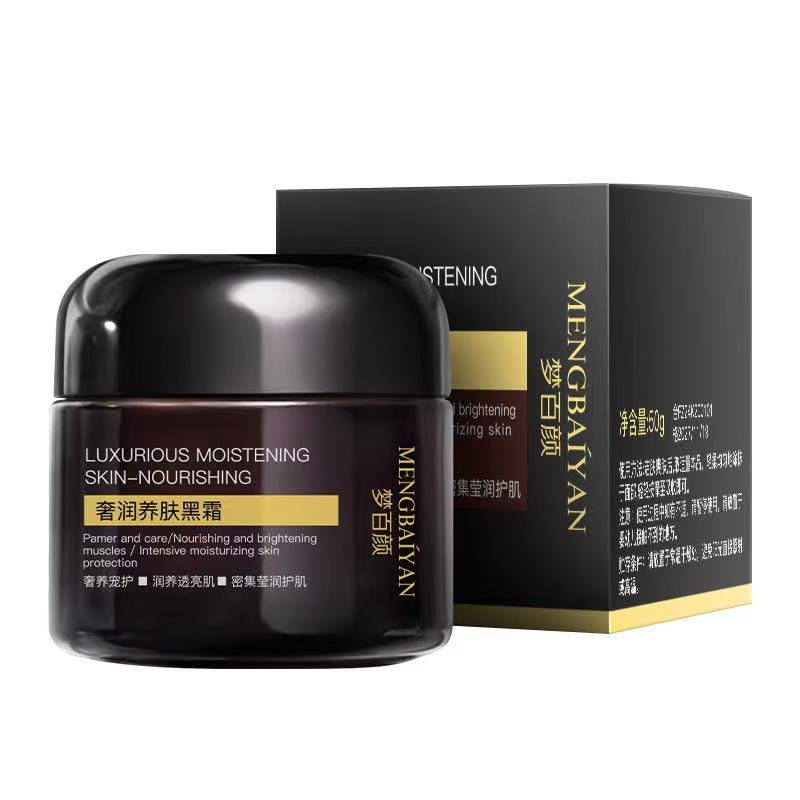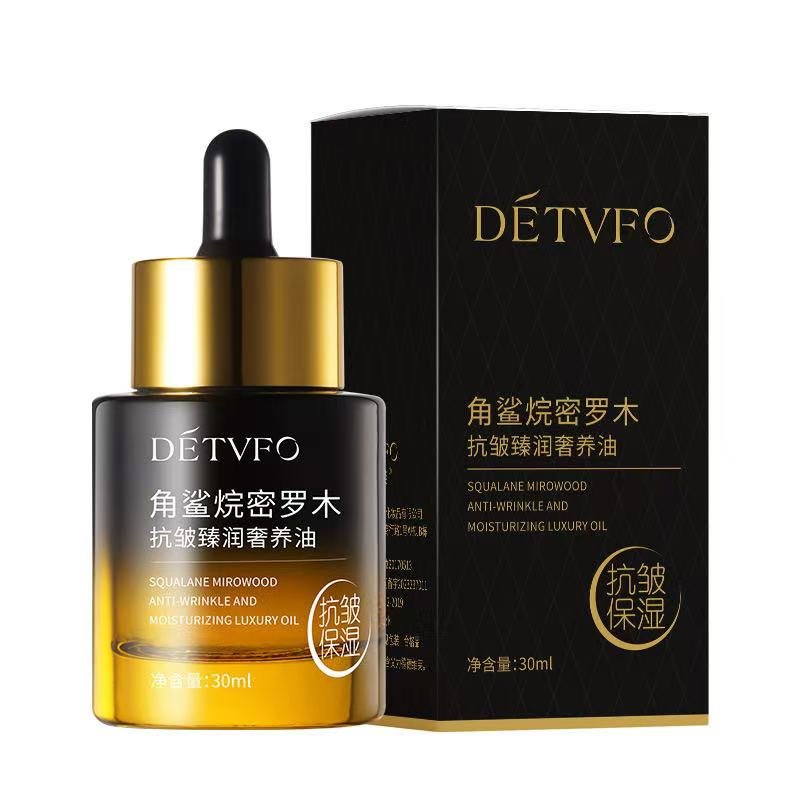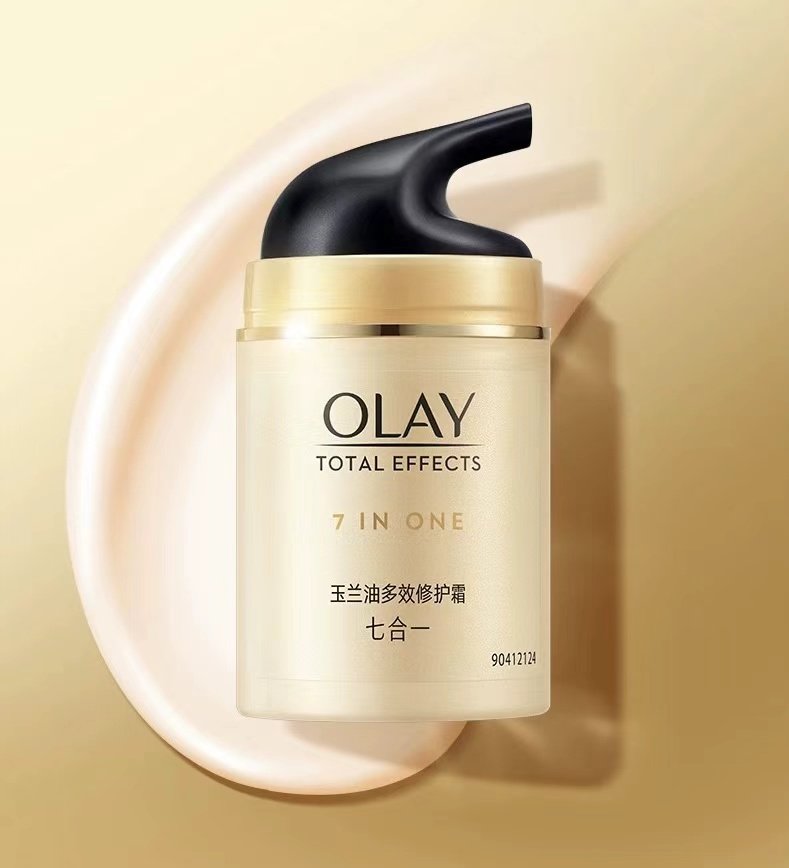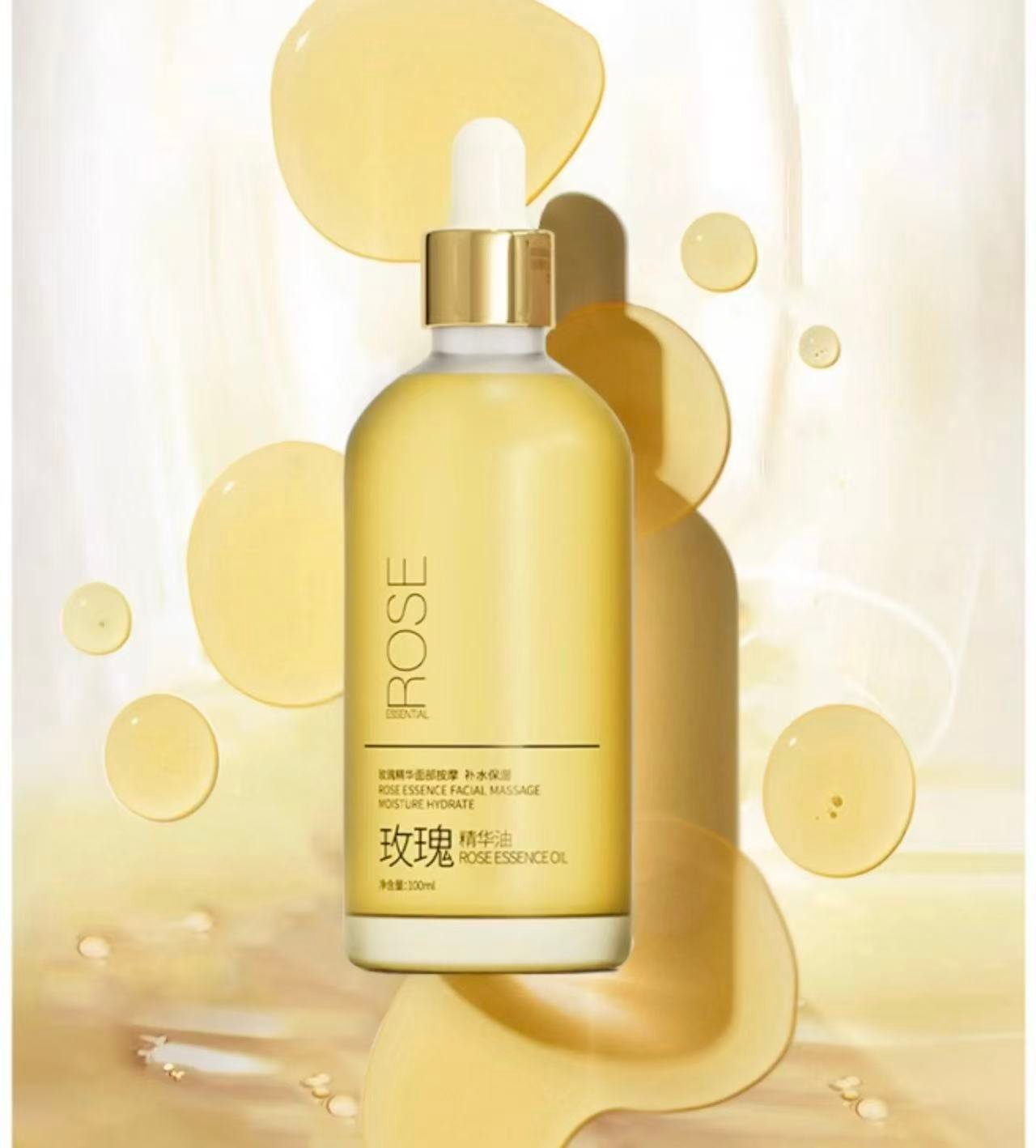Winter can wreak havoc on your skin. The cold, dry air, the harsh winds, and the constant indoor heating all strip moisture away from your skin, leaving it feeling dry, irritated, and lackluster. Whether you’re dealing with dryness, sensitivity, or oily skin, finding the right skincare products for winter is crucial.
The question remains: Is it better to use essential oils or face creams for winter skincare? Let’s explore how both essential oils and face creams benefit the skin, and how to choose the right one for your skin type this winter.
Essential oils and face creams are both essential for winter skincare, but each offers unique benefits. Face creams are thicker, providing a barrier to lock in moisture, while essential oils, such as rosehip and jojoba, nourish and hydrate the skin deeply. For dry skin, a rich cream paired with a nourishing oil is ideal. Sensitive skin benefits from fragrance-free creams, and oily skin may prefer lightweight oils like tea tree or marula.
Now that we know the basic difference between oils and creams, let’s dive deeper into which type of product works best for different skin types during the winter months.
What Is the Best Skin Care for Winter Weather?
Winter weather can be harsh on your skin, and it’s important to choose products that provide deep hydration and protection. Petroleum-based or rich cream-based moisturizers are recommended for dry and normal skin. These heavier creams form a protective barrier on the skin, preventing moisture from escaping. If you have sensitive skin, opt for fragrance-free or lanolin-free moisturizers, which will hydrate without causing irritation.
For oily skin, lighter moisturizers are the key. Look for a non-comedogenic cream or gel-based formula that hydrates without adding extra oil.
Tip: If your skin feels particularly dry, consider a combination approach. Start with a hydrating face oil to nourish your skin and then lock it in with a rich face cream for added protection against the cold weather.
Is Face Oil Better Than Face Cream for Winter?
The debate between essential oils and face creams for winter care boils down to the unique benefits each product offers. Face creams are thicker and provide an immediate barrier to lock in moisture, which is crucial for dry winter air. Creams generally have a higher water content, making them ideal for maintaining hydration and keeping your skin moisturized throughout the day.

On the other hand, essential oils are concentrated plant extracts that are packed with nourishing vitamins and fatty acids. They don’t just hydrate your skin—they also nourish it on a deeper level, helping to repair and rejuvenate your skin. Oils are excellent at locking in moisture, especially when applied after a cream or serum.
Which one is better? Both oils and creams can work together. Use a cream as a base for hydration, and follow up with a few drops of oil to seal in moisture and enhance the skin’s appearance.
What Essential Oils Are Best for Face Skin?
When choosing essential oils for your face, it’s important to consider your skin’s unique needs. Some essential oils are great for hydration, while others target blemishes or redness. Here are some popular essential oils that work wonders for winter skincare:
- Lavender Oil: Known for its soothing properties, lavender oil helps calm irritation and inflammation, making it ideal for sensitive skin during winter.
- Tea Tree Oil: This oil is antibacterial and anti-inflammatory, making it perfect for combating acne or skin that’s prone to breakouts.
- Rosehip Oil: Rich in essential fatty acids and antioxidants, rosehip oil is fantastic for rejuvenating the skin and reducing signs of aging. It’s especially beneficial for dry skin.
- Lemon Oil: Lemon essential oil can help brighten the skin and reduce the appearance of dark spots, giving your complexion a healthy glow.
Tip: Essential oils should always be diluted with a carrier oil (like jojoba or almond oil) before applying them directly to the skin, as they can be potent.
What Is the Best Oil for Face Moisturizer in Winter?
Several oils stand out as ideal face moisturizers during the winter months. These oils are packed with nutrients that nourish dry, sensitive skin while providing a barrier against the cold weather. Here are some of the best oils for winter skincare:
- Argan Oil: This lightweight oil is full of vitamins A and E and is known for its ability to hydrate and soften the skin without clogging pores. It’s perfect for dry and mature skin.
- Rosehip Oil: Packed with antioxidants, vitamins A and C, and essential fatty acids, rosehip oil helps reduce the appearance of scars, fine lines, and dryness. It’s one of the best oils for skin regeneration during the winter months.
- Jojoba Oil: Jojoba oil closely resembles the skin’s natural oils, making it an excellent choice for all skin types, including oily and sensitive skin. It helps balance the skin’s oil production and provides lasting hydration.
- Marula Oil: Marula oil is rich in fatty acids and antioxidants, making it a great choice for hydrating the skin and protecting it from environmental damage.
Tip: If you have oily skin, choose lighter oils like jojoba or tea tree, which hydrate without clogging pores.

Best Skin Care Routine for Dry Skin in Winter
Dry skin requires extra attention during the winter months. The key to keeping your skin hydrated is using rich, nourishing products that lock in moisture. Here’s an effective skincare routine for dry skin:
- Cleanse with a gentle, hydrating cleanser that doesn’t strip your skin’s natural oils.
- Tone with a hydrating toner to restore moisture balance.
- Apply a face oil, such as rosehip or marula, to deeply hydrate and nourish the skin.
- Follow up with a rich, creamy moisturizer to lock in hydration and create a protective barrier.
Using this routine regularly will help prevent your skin from feeling tight and flaky during the colder months.
Best Skin Care Routine for Oily Skin in Winter
Although oily skin tends to produce more sebum, it can still feel dry in the winter. For oily skin, it’s important to use lightweight products that hydrate without adding extra oil. Here’s an effective routine for oily skin during winter:
- Cleanse with a gentle foaming cleanser to remove excess oil without over-drying the skin.
- Tone with an alcohol-free toner to balance oil production.
- Apply a lightweight face oil like tea tree or jojoba oil. These oils hydrate without clogging pores.
- Finish with a gel-based moisturizer that’s oil-free to lock in hydration without adding shine.
Can Essential Oils Replace Face Cream for Winter?
Essential oils can’t fully replace face creams in winter skincare. While they are excellent at nourishing and hydrating the skin, face creams offer a thicker barrier to protect your skin from the harsh winter elements. For optimal protection, use both: essential oils for deep nourishment, followed by a rich face cream to lock in moisture.
Conclusion
As winter approaches, it’s essential to switch up your skincare routine to keep your skin hydrated and protected. Essential oils and face creams are both beneficial, but they work best when used together. Face creams provide a protective layer to lock in moisture, while essential oils deeply nourish and repair the skin. By choosing the right products for your skin type—whether you have dry, oily, or sensitive skin—you can ensure your complexion stays healthy and glowing all winter long.







